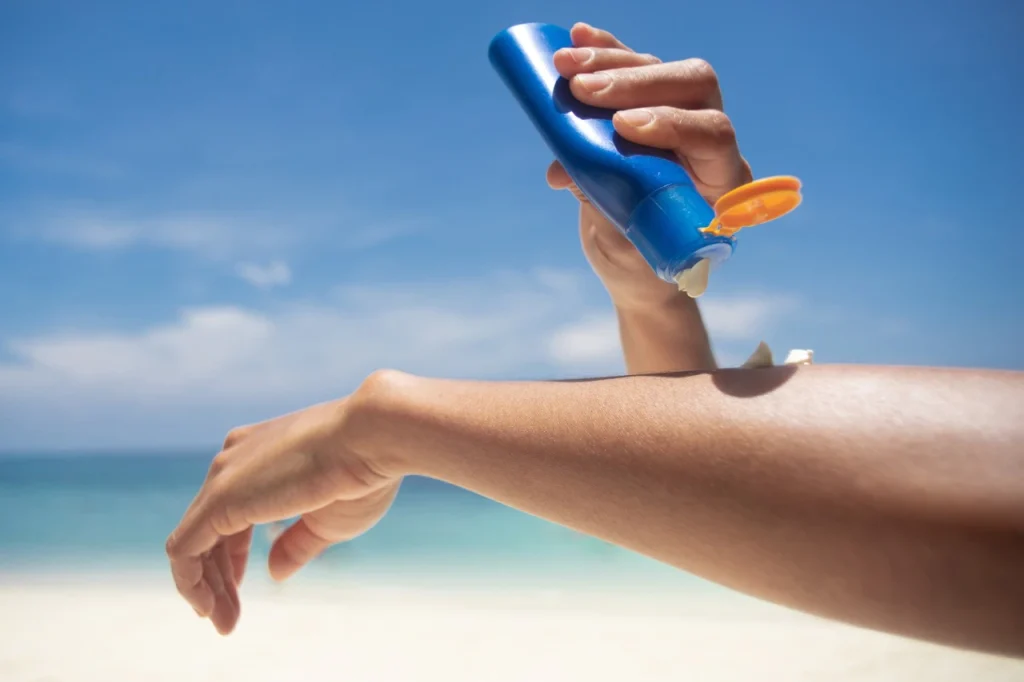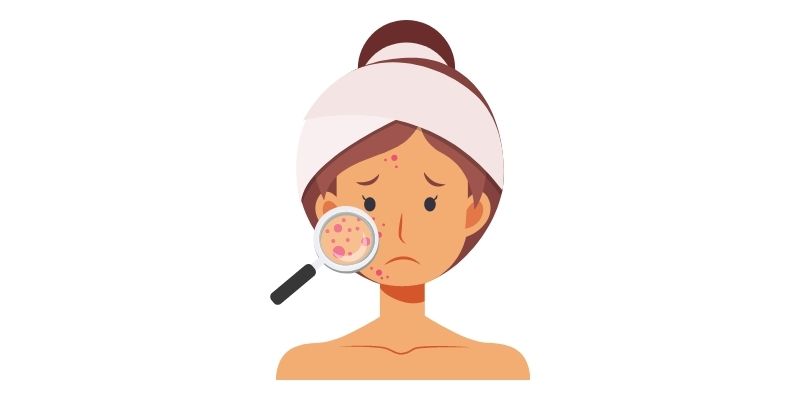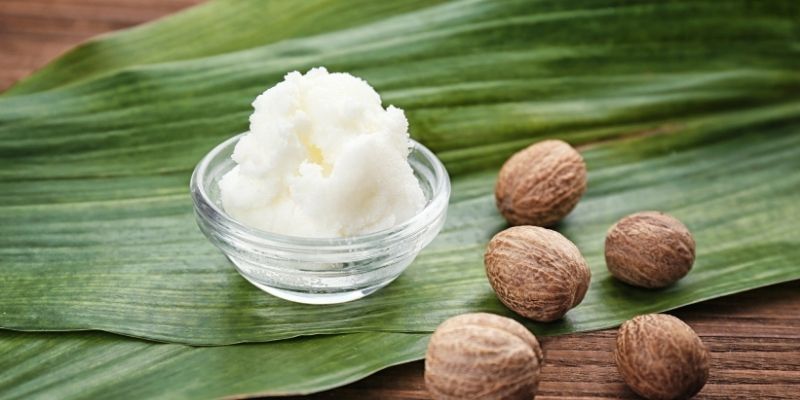Shea butter has some natural sun protection properties. Still, it is not strong enough to be used as a standalone sunscreen. The natural SPF of shea butter is estimated to be between 6 and 10, which is insufficient to protect the skin from the harmful effects of the sun. It is always essential to use sunscreen with an SPF of at least 30 when you are going to be exposed to the sun, especially during the peak hours of 10 a.m. to 4 p.m. It is also a good idea to reapply sunscreen every two hours or immediately after swimming or sweating. Shea butter is not waterproof, meaning it will wash off when exposed to water.

Sunscreen Properties of Shea Butter
Studies suggest that shea butter possesses properties that may help protect the skin from sun damage when applied topically. It contains cinnamic acid, which acts as an ultraviolet radiation absorber with an SPF (sun protection factor) of 6 to 10. However, it is important to note that this rating is lower than what’s considered optimal for protecting skin from sunburns.
Risks of Using Shea Butter as Sunscreen
There are several risks associated with using shea butter as a sunscreen. First and foremost, it does not provide adequate protection against the sun’s UV rays, which can cause sunburn, skin aging, and skin cancer. Second, shea butter may not effectively block UVA rays, which are responsible for skin aging and can penetrate deep into the skin. Finally, shea butter may not be water-resistant, so it may not provide protection when swimming or sweating.


